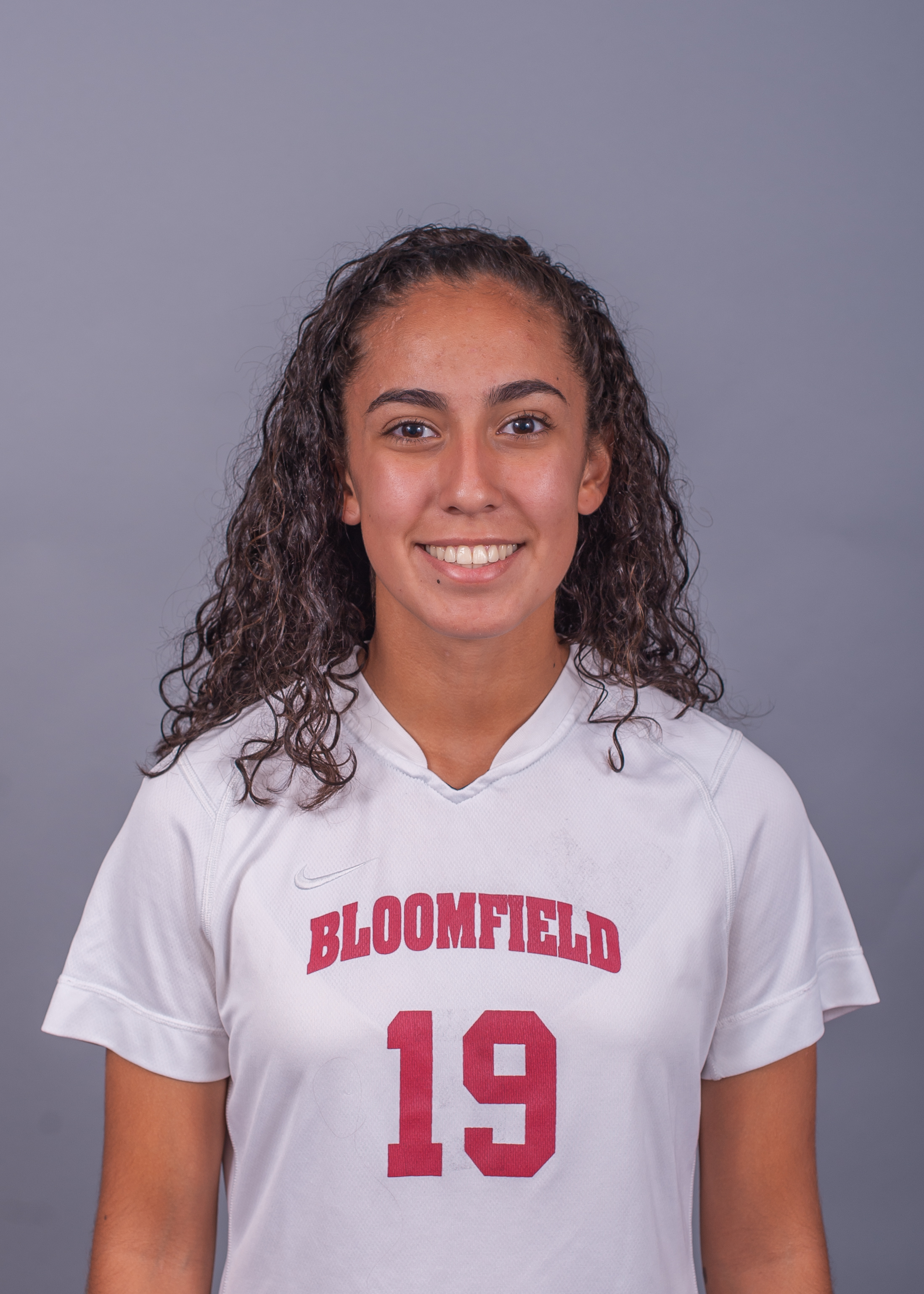Coach Roosevelt Weaver trained Track and Field Scholarship Recipient, Melanie Rodriguez of Bloomfield.

Montclair resident, Roosevelt Weaver, has always had a love of running. Growing up in Atlanta, Ga., he realized that he had a talent for running very early, when he could outrun boys much older than he was.
But he didn’t begin his official running career until high school. “The first race I ever ran was in the 10th grade and I came in last,” said Weaver. “I was so upset. I thought I’d have to give up track. But then we had a meet at Tuskegee Institute in Alabama. I ran in the 4×1 Relay. I had the first leg and I noticed something different in that race. I noticed how relaxed I was. Our team won and I learned a big lesson that day. The most important factor in being a good sprinter is relaxation. As I learned to relax, I became a very good sprinter.”
After high school, he attended Yankton College in South Dakota. The school had a very good reputation in track and field. He went to play football, but he was relatively small in size compared to the other players. There was also a lot of discrimination related to the football team. Being the only black student at the school, he began to think about pursuing track instead.
“My first year in college I did very well,” said Weaver. “We traveled all around the midwest competing and our relay team won against many much bigger schools. By my senior year, I ran one of the fastest times, a 9.8 in the 100 yard dash, and I was Tri-State Champion in the 100 yard dash.” This is a title awarded to the best athletes in Iowa, Nebraska and South Dakota.
After college, he went back to Georgia and while looking for a job and put in an application to join the Peace Corps, not realizing just how much it would change his life. He was sent to Senegal to train African athletes. The Africans had never competed as a country before.
“I was the assistant coach for the Olympic Track & Field Team and my specialty was sprints,” said Weaver. “We trained for the African Olympics in 1963 and Senegal won those. Then we also trained for the Tokyo Olympics in 1964.”
On being a part of that African team, Weaver said, “It was an amazing experience. I worked with coaches from France, Russia and other countries and that influenced my behavior as a coach because they had different techniques.”

Weaver has appropriately earned the nickname “Dr. Speed” from his students and colleagues. He is responsible for training many athletes who have gone on to accomplish impressive things in the sport. Melanie Rodriguez is one of Weaver’s students who trained with him this past summer.
“I tried to instill in this young lady the ability to be comfortable in running, and now she is competing in different leagues and traveling all over the country,” said Weaver. “She is only a sophomore, so she has two more years of high school, but colleges are already looking at her.”
For Weaver, it’s not just about technique or mental attitude. One important part of his coaching is relaxation drills. He will have his students run for 25 yards, then close their eyes and visualize anything that they find happy or calming. Then they open their eyes and run another 25 yards, and so on.
“Relaxation is critical,” said Weaver. “You have to make sure the [neck and shoulder] muscles are relaxed. Once you lose your composure and you tighten up, the race is over. I teach my runners, ‘When someone is close to you, don’t panic, just relax.”

You must be logged in to post a comment Login